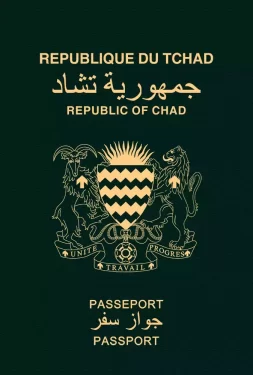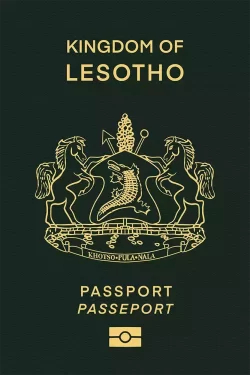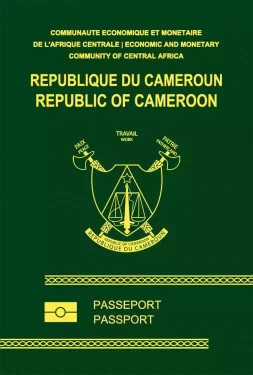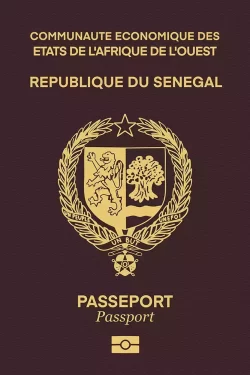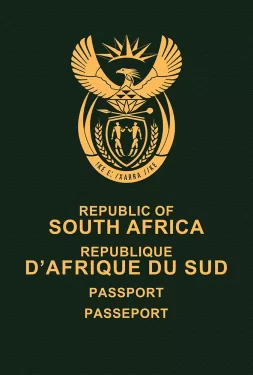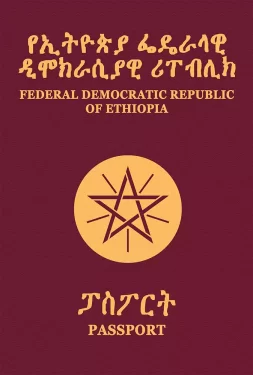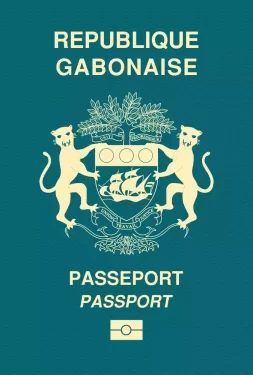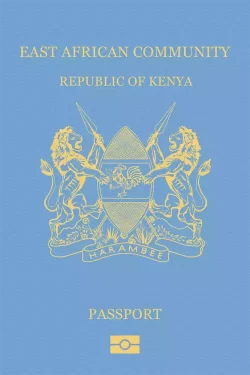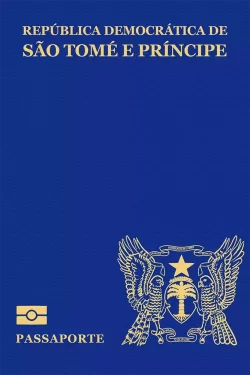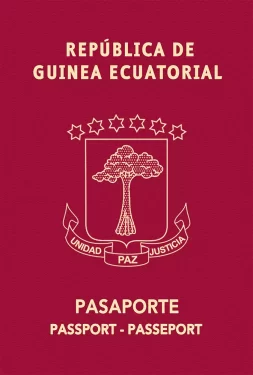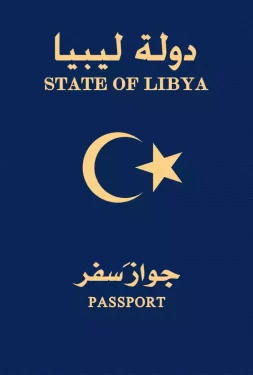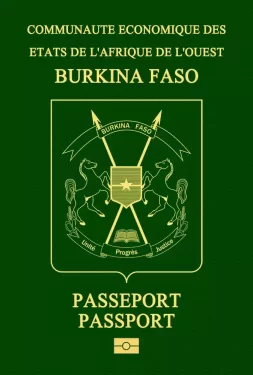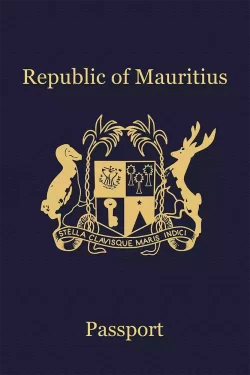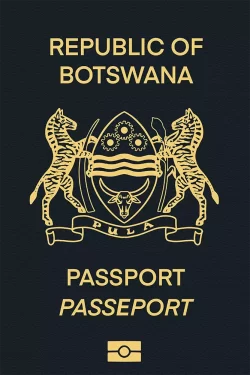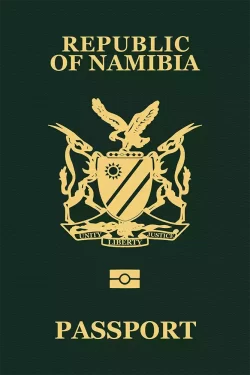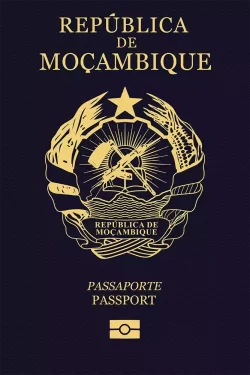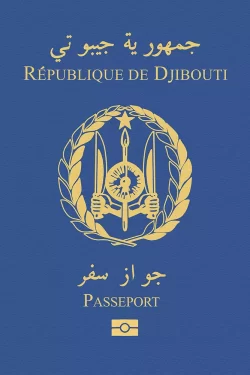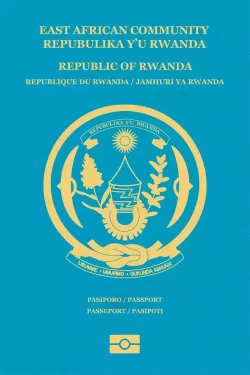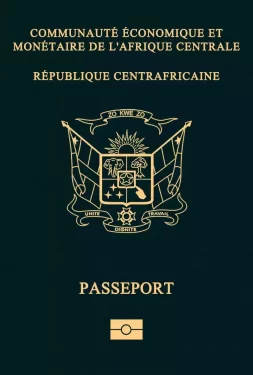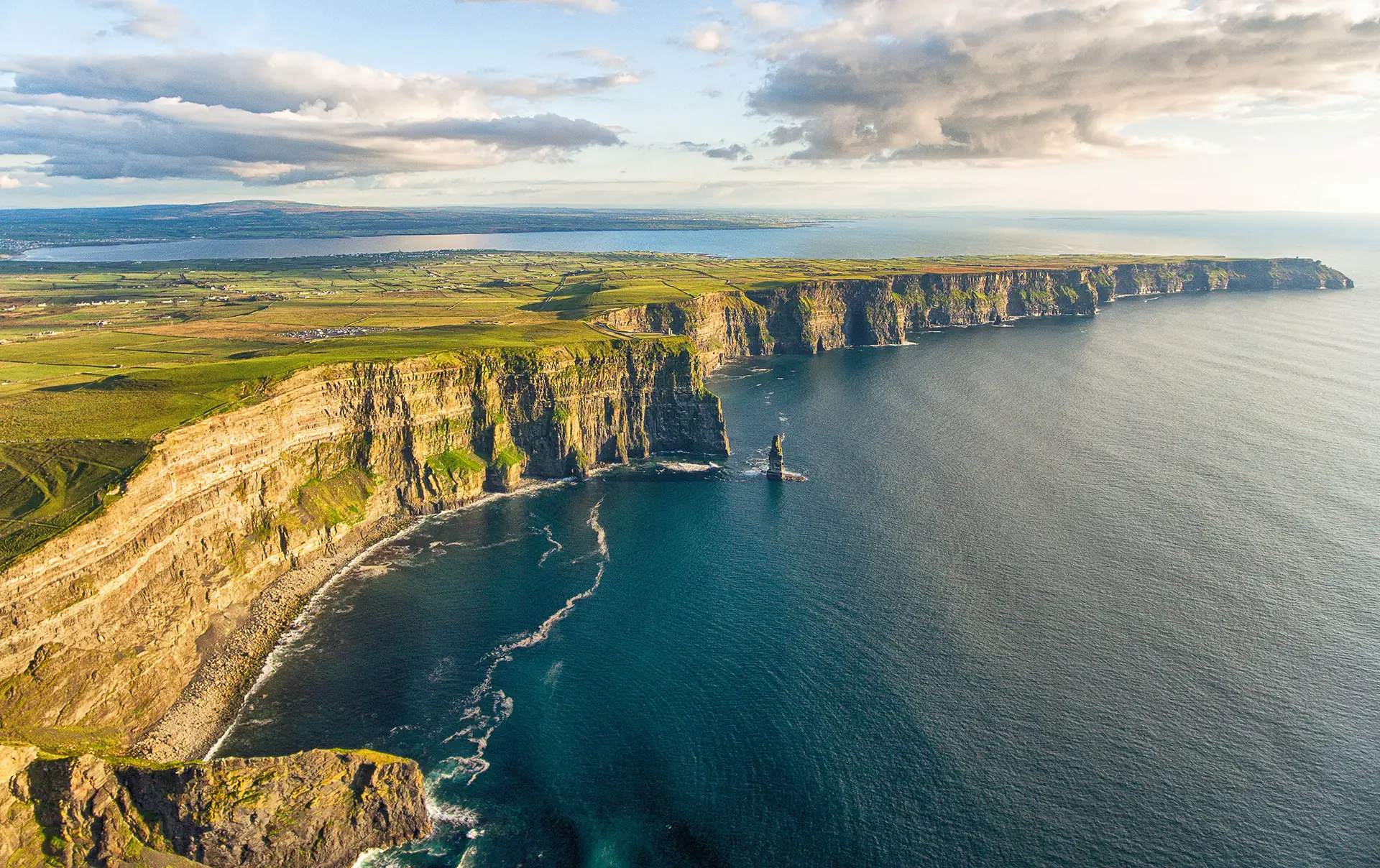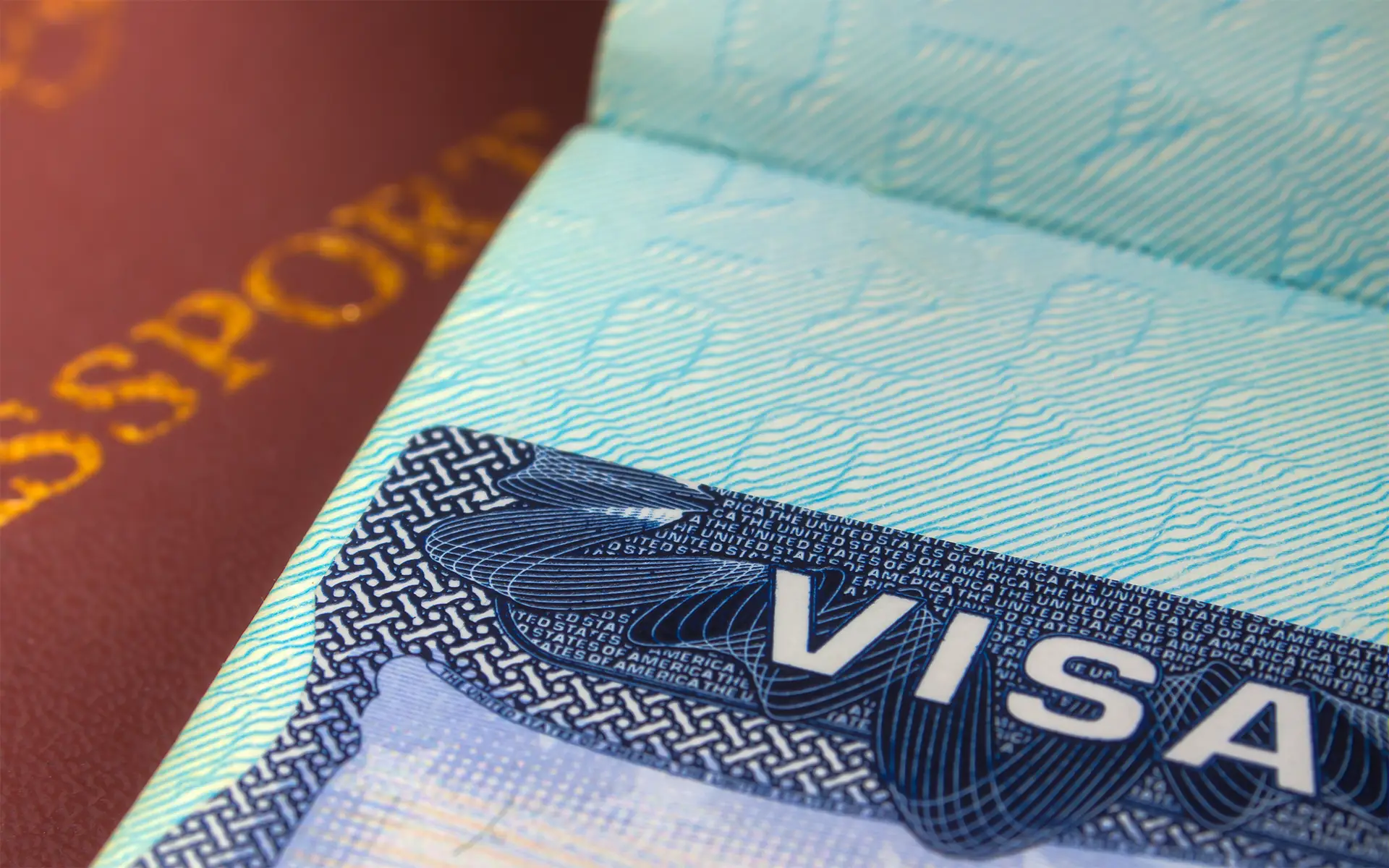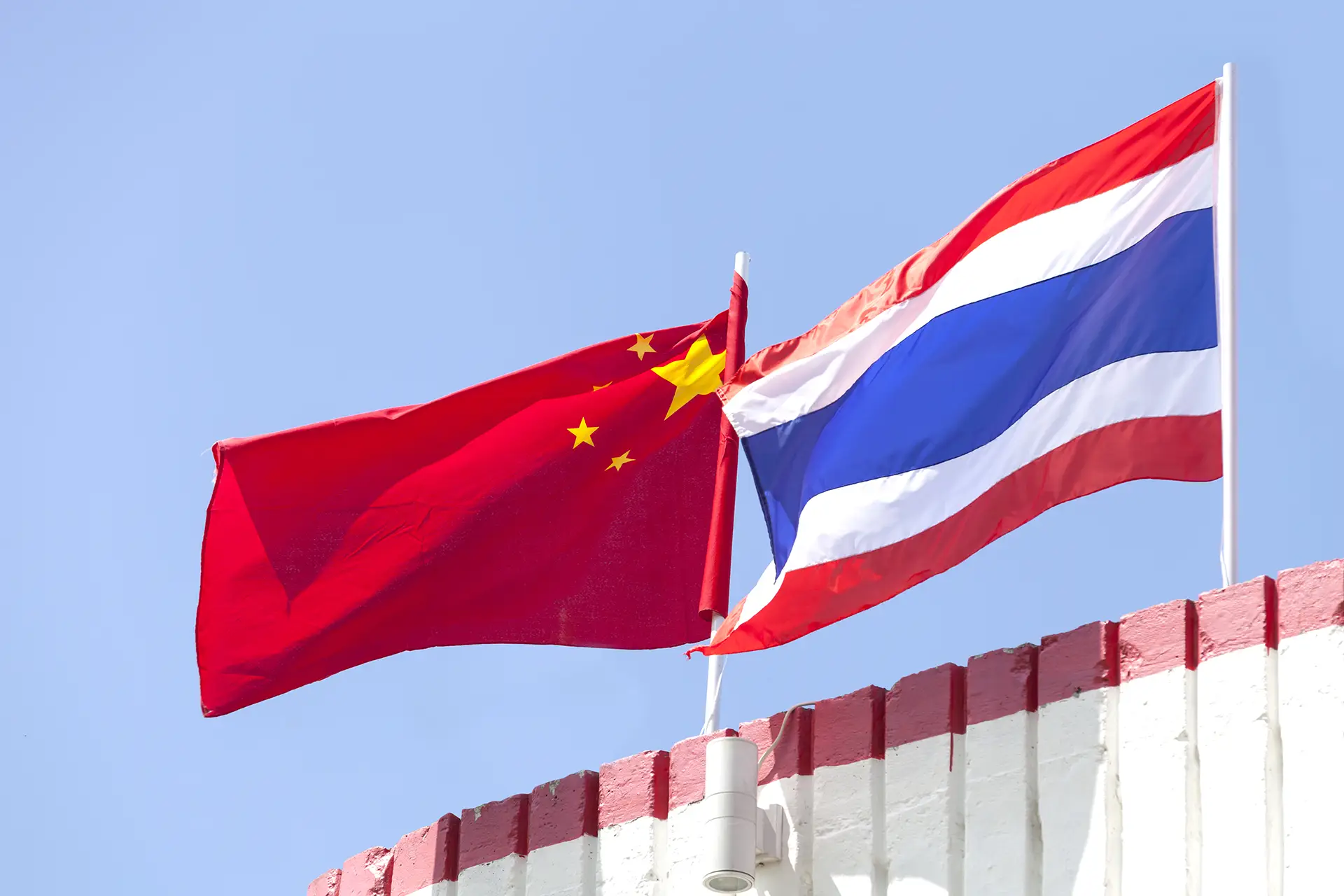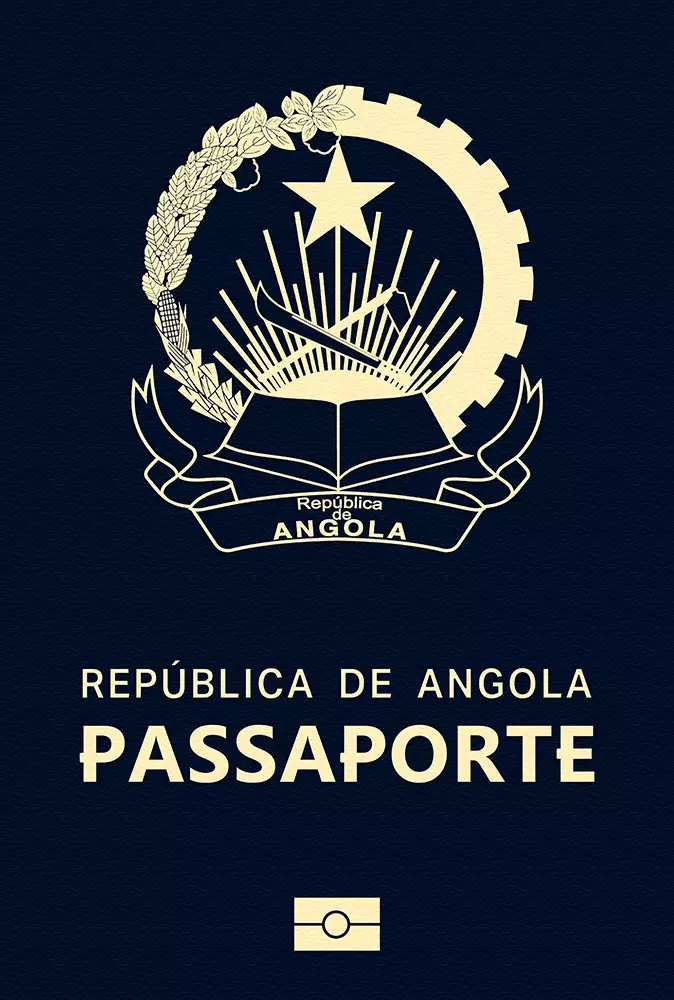

Angola
Angola passport ranking
The Angolan passport is currently ranked 90th place on the Guide Passport Index. It provides visa-free access to 50 destinations. Angolan passport holders have visa-free and visas on arrival access to countries such as Philippines, Singapore, and Sri Lanka. Angolan passport holders do however require a visa to enter 179 destinations in the world. This high visa requirement results in a low mobility score.
Angola Passport Ranking
The Angola passport ranking relative to other global passports is calculated by adding up the number of countries that allow Angola passport holders to enter without a visa (i.e. visa-free countries) and those that allow Angola passport holders to enter by obtaining a visa on arrival (i.e. visa-on-arrival countries) or electronic travel authorization (eTA). There are currently a total of 22 Angola passport visa-free countries, 25 Angola visa-on-arrival countries, and 3 eTA destinations.
Altogether, Angola passport holders can enter a total of 50 destinations—either without a visa, through a visa on arrival, or via an eTA. As a result, the Angola passport ranks 90 in the world.
Separate from these Angola visa-free countries and visa-on-arrival countries, there are 179 additional destinations in which Angola passport holders either need a physical visa to enter or an eVisa (i.e. visa required countries).
About Angola
The Republic of Angola is a former Portuguese colony. Located in sub-Saharan Africa, consists of 18 provinces. It borders Namibia, Zambia, and the Democratic Republic of the Congo. The most important provinces are Luanda, Huila, and Benguela. Angola is the 7th largest country in Africa with a surface area of 1.2 million square kilometers. Its climate is mostly tropical with only two seasons. The rainy season is from November to April and the dry season is from May to October.
The overall population is 34 million people. The capital of the country is Luanda, which is also the most populous city with 2.5 million inhabitants. Other important cities of the country are Lubango, Huambo, and Benguela. The largest airport is Quatro de Fevereiro Airport (LAD). It has an approximate yearly passenger traffic of 5.6 million people. It connects Luanda to destinations across Africa, Europe, and Latin America.
Angola gained independence from Portugal in 1975. Its culture is dominated by the Portuguese heritage. The catholic Christianity is the most dominant religion. The official language of the country is Portuguese, making it the second-largest Portuguese-speaking country in the world. Tribal dialects and languages are still widespread. The legal system is based on the Portuguese civil law. There is no judicial review of legislation. The government form is a democracy with Joao Manuel Goncalves as elected president.
The official currency of the country is the Kwanza (AOA) with the current exchange rate being AOA 832 to the USD. Angola has an open economy, generating a GDP of approximately $124.79 billion. This makes it the 3rd largest economy in Sub-Saharan Africa. It has a per capita income of $3,791. Around 97% of the nation’s GDP originates from the oil and gas sector. That is why is one of the sole sources of income for the government. The mining of diamonds is also incredibly important for the economy.
The Republic of Angola is an exciting tourist destination offering several attractions. It is known for its vast wildlife and safari tours in various national parks. Some of the major destinations are Kissama National Park, the Tunda Vala Fissure, Dilolo Lake, and the Dala Waterfalls. The majority of the 220,000 yearly tourism visitors originate from the neighboring African countries and Europe.
